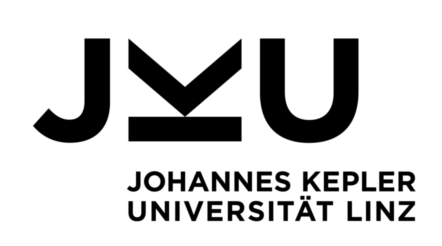
For developing new methods for a better integration of blind persons into team sessions, which are part of our professional life, aspects like accessibility and usability of interfaces, strategies of blind users to cope with complex data structures, specific user needs, social behaviors in groups including people with special needs as well as Human-Computer Interaction (HCI), non-classical interfaces and existing Assistive Technology (AT) for people with disabilities have to be considered.
Based on:
- its main research and teaching areas (“eAccessibility”, “webAccessibility”, “documentAccessibility”, “Design for All”, “Social Integration”, “Assistive Technology” and “Ambient Assisted Living (AAL)”), which are all related to the above mentioned issues
- its offer of services for students with disabilities including digital preparation of all kinds of lecture materials (books, lecture notes, blackboard content), inclusion into communication process and access to complex data structures.
the Institute Integriert Studieren has a fundamental background in the above mentioned fields.
Designing of accessible and usable interfaces has been considered during the last view years especially in the following fields of work: gesture based interfaces to access mathematical formulas , touched based interaction for virtual Braille-keyboards, output interfaces to present nonverbal communication to blind users, adaptive user interfaces.
Strategies of blind users to cope with complex data structures are handled for instance in the field of mindmaps, access to chemistry and mathematical formulas. Specific user needs play an important role per se, as the institute mainly focuses on people with special needs in research as well as in service delivery. At the institut special focus is given to user centered design, user involvement and assessment of user needs. Social behaviour is especially treated at the IIS under the aspect of inclusion at university HCI and Non-classical interfaces (e.g. game based interaction, sensor based interaction, adaptive interfaces, orientation and mobility) are especially focused in the fields of AT.
Generally, the IIS is reported in more than 150 revised publications and has already various experiences in developing algorithms and special solutions to overcome and avoid barriers for people with disabilities in existing and evolving ICT and consumer electronics.

